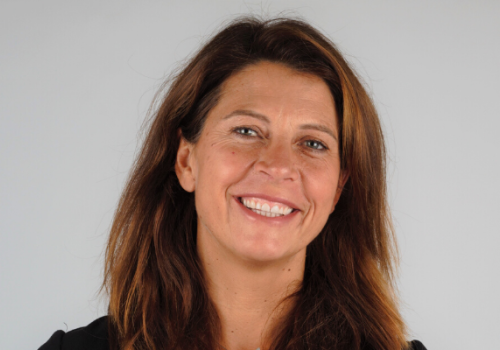
Food safety management is not something we often hear about in yachting but, in an industry that prides itself on excellence, most of us presume this extends to the way food is sourced, stored and prepared on board, in much the same way as on land. Several years ago when Ship’s Cook certificate was thrust centre stage, many thought that was a big ask, but the superyacht industry has otherwise continued to lag behind in terms of food safety training, implementation and auditing. In effect we’re talking about due diligence, or rather the lack of it, until now.
We spoke to Georgie Mainey, managing director of the newly launched Maritime Food Authority to discover how things are about to change.
Can you tell us about your background and how you got involved in the yachting industry?
I began training as a chef at the age of 16 – my father, a Swiss-trained chef, was a big inspiration and, as my passion for hospitality developed, I decided to study for a degree in hotel management. After a busy few years in the events industry, I took the summer off to go sailing and windsurfing in France where I trained to be an instructor. That’s where I saw my first superyacht and, hey presto, I never went home! I started on board as a chef before working as a chief stew and completing my training to become first officer.
What were some of the highlights working as a superyacht chef?
The highlights for me were the amazing places we travelled to and explored. Back in the day, everything was so much quieter, and I felt very privileged to be part of such an exciting industry. I was even more lucky because the owners I worked for were very family orientated and the atmosphere on board always felt like a holiday. It was a journey of almost 11 years, and then I left the industry to start a family. I had two boys, one of whom is now a 3rd officer and the other a 2nd engineer.
I later studied for a teaching degree and went on to train not only yacht crew, but chefs and young people shoreside. I also started writing exam papers for UK exam boards, focusing on food safety compliance for the wider maritime industry.
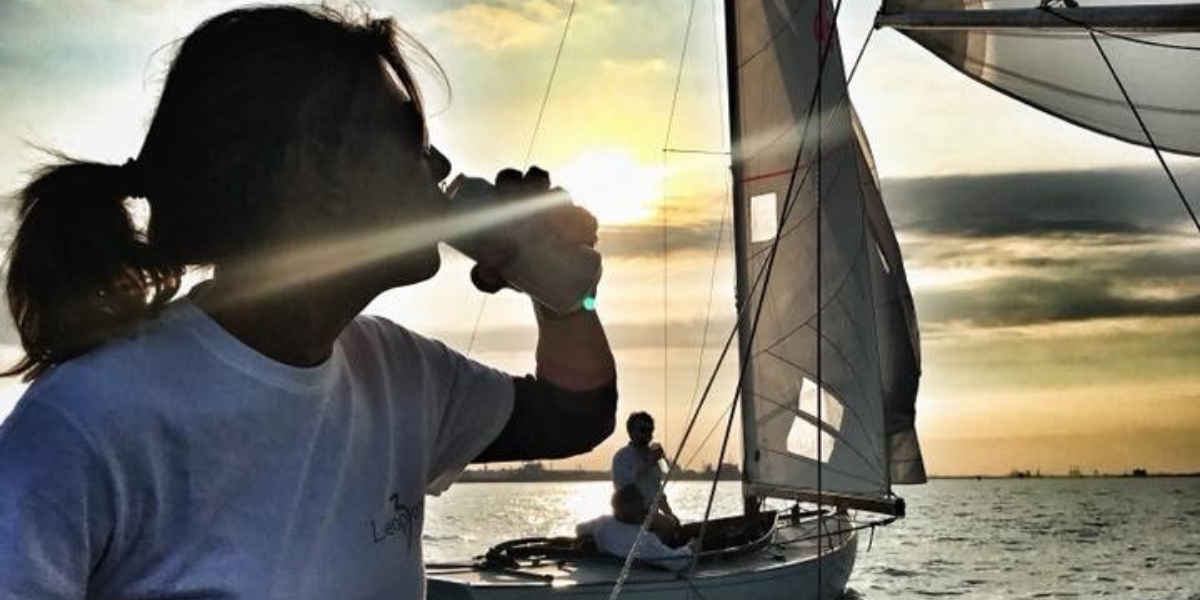
You’ve also consulted for luxury cruise liners – how does food safety management and sanitation compare with that on large yachts?
As a consultant for P&O and Cunard cruise lines, I was very much involved with food safety, United States Public Health (USPH) and outbreak control on board, and the fact that these same standards of control were not being recognised, trained and monitored for the superyacht industry, quite honestly, dumbfounded me.
On cruise ships, ALL food handlers and housekeepers attend rigorous food safety, sanitation and public health training, and internal auditing is completed for quality and due diligence. They are all also subject to USPH inspections and can be boarded by any port health authorities.
Crew handling food on superyachts are only required to hold a basic Level 2 Certificate in Food Safety, but this is not aimed at the maritime industry at all. It certainly doesn’t address the needs of large yachts so setting up the MFA seemed the only way forward to me.
What’s the scope of the MFA and how does it work in practice?
The MFA is a new quality standards authority that provides recognition for good practice, monitoring of internal audits, continuing professional development (CPD), digital food safety management systems and, very importantly, a training framework that prepares crew to be confident in food safety, yacht sanitation and public health management, implementation and monitoring.
The MFA works in collaboration with Highfield Qualifications, so the new Manager in Charge for Luxury Yacht program is internationally recognised.
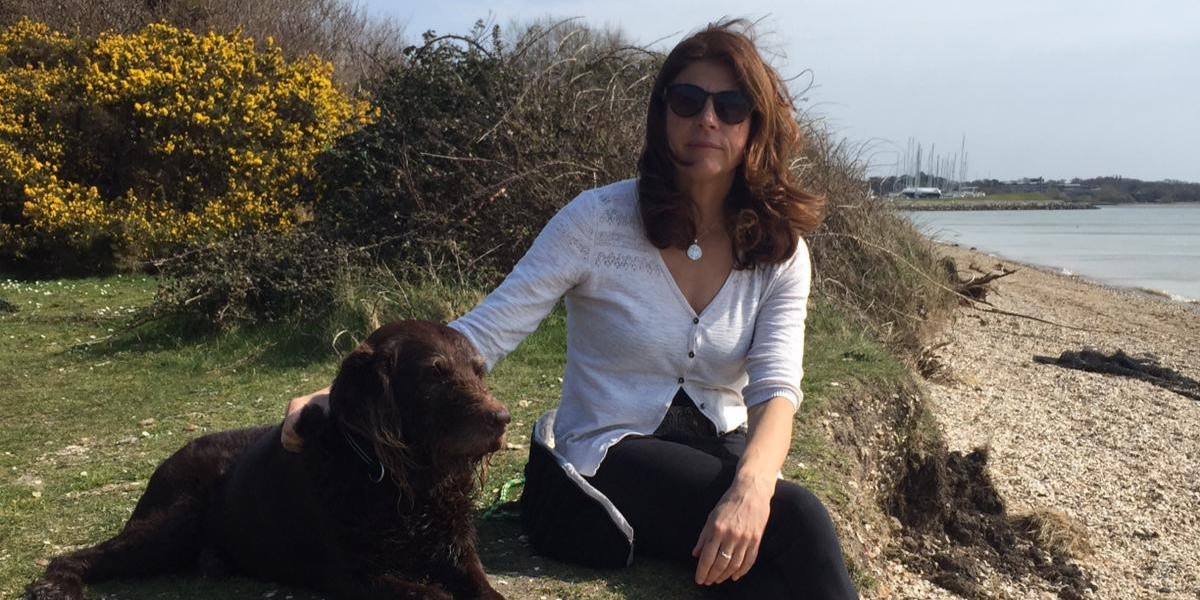
The qualifications under this program are all level 3 qualifications, and include Food Safety at Sea, HACCP, Allergens, Yacht Sanitation and Public Health, which includes MARPOL, and Auditing. The MFA will also approve all training providers to deliver these courses worldwide.
Membership to the MFA will award the yacht and the managers in charge with annual certificates of excellence, provided they meet the standards required and maintain the internal auditing process. Membership will also give access to CPD for all managers in charge, the MFA digital app and annual auditing by an approved MFA auditor.
Is the Manager in Charge of Luxury Yacht Program a mandatory qualification?
Currently the Manager in Charge is not a mandatory program, but the MFA is working with the flag states and other superyacht authorities to raise awareness of how important this is to the superyacht industry. We see it as a positive step and something that all yachts should be striving to achieve.
Can you talk us through the audit process?
In essence the yachts will conduct their day to day operations and upload data to the MFA app. This data allows internal audits to be downloaded monthly. The MFA will monitor these audits throughout the year and will provide regular support.
Why do you think yachting has lagged so far behind other hospitality sectors?
There are some exceptional yachts out there following best practice, but they have never been given recognition for this because, until now, we have lacked an authority dedicated to food safety management on board.
Why has it not happened before? Perhaps because no one has worked across all the sectors of training, cruise liners and superyachts, like me, in order to recognise the need for it. Many crew are crying out for support; there is a real need for it.
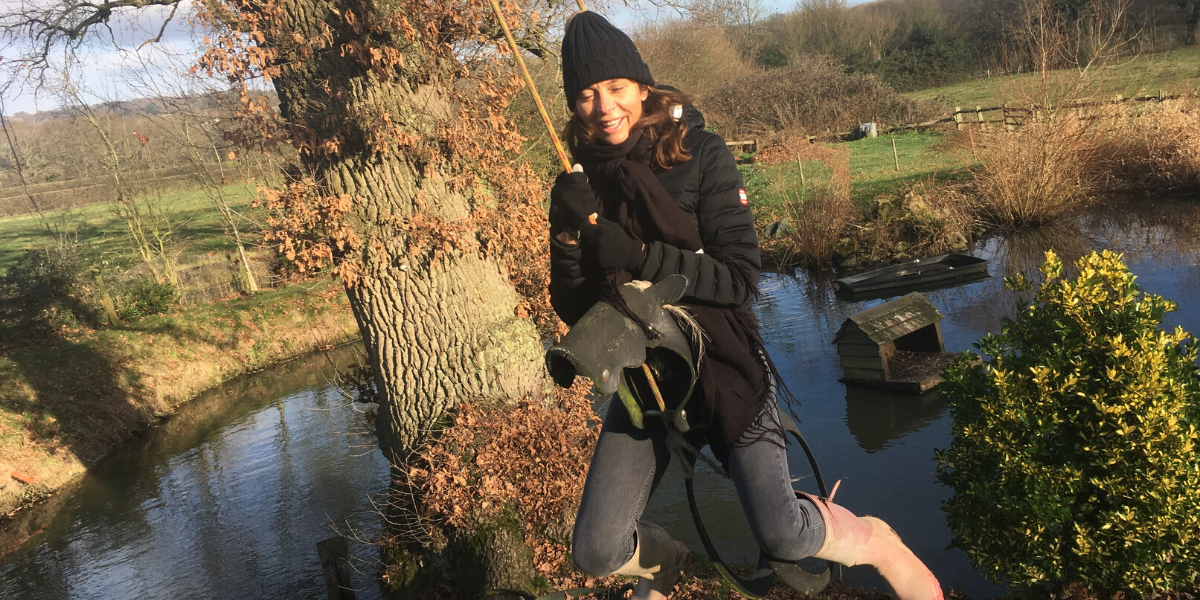
What is the driver for superyachts to get involved?
Superyachts are getting bigger and bigger. Membership of the MFA and training will demonstrate that the industry is choosing to come in line with the rest of the maritime industry rather than waiting to be told, having to catch up and, potentially, inheriting compliance that is not relevant or supportive to their specific needs.
The MFA will make sure that what is implemented is correct for superyachts and advise flag states on the best way forward. We have seen cruise incentives that have been imposed on superyachts that are not ideally suited in their implementation to this unique industry.
Who will be the greatest ambassadors for MFA and why?
For me, the greatest ambassador will be the yachts themselves as, for once, they are leading the way over the flag states and recognizing the importance of food safety management for themselves.
Yachts can be proud to demonstrate that they are achieving standards of excellence in food safety management, while management companies can be confident that their fleet goes way beyond current minimum guidelines.
It’s possible of course that some yachts may see this as just more training, but it’s not. It is telling the maritime industry what we want before the flag states do, to ensure it’s relevant to superyachts.
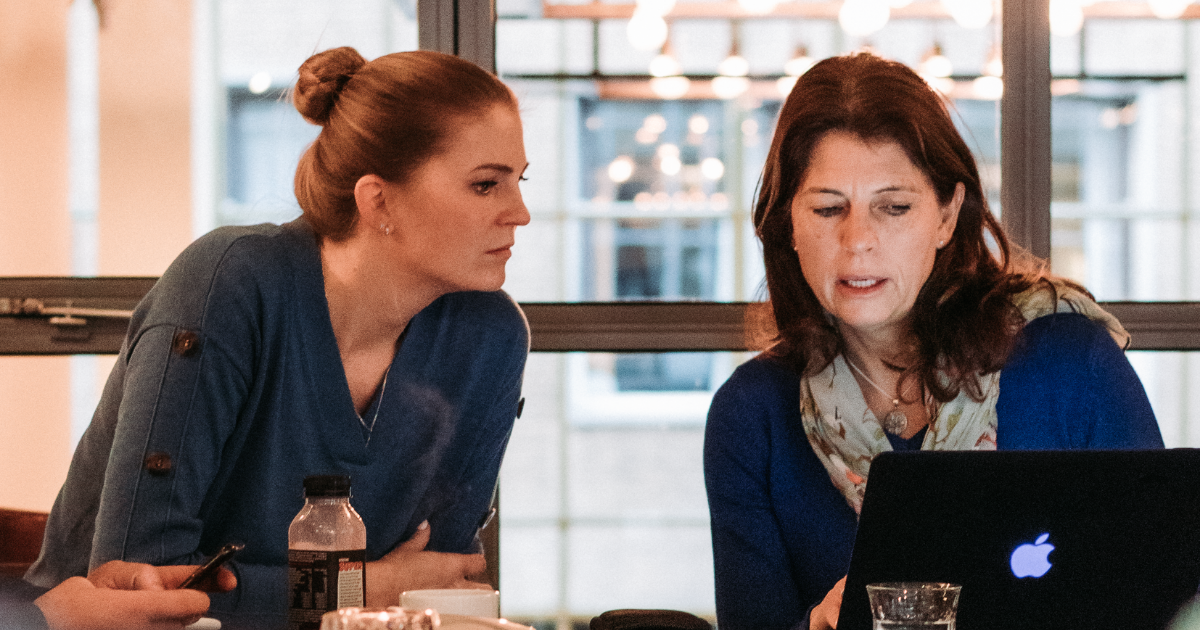
Which vessels are likely to be early adopters for MFA and how do you expect uptake to grow?
Early adopters are likely to be those who have experience in the cruise industry and recognise the duty of care that is owed to crew and guests alike. These early adopters will be looking for peace of mind as well as recognition for the high standards required. Management companies and charter brokers will also regard MFA approval as a status to shout about as a mark of excellence for the individual yacht operation.
The coronavirus pandemic has certainly highlighted the vulnerability of yacht crew and those they come into contact with. The MFA is here to support, not only in a crisis but through CPD that extends beyond training.
What’s your vision for the future of MFA over the next five to 10 years?
As the superyacht industry continues to grow I would like to see the MFA continue to grow in terms of providing advice and support, and leading on standards and training. I also believe the MFA can support suppliers in the industry so they too can gain recognition for maintaining high standards - food safety does not begin on the dock; it concerns the whole supply chain.
For further information about the MFA and approved training centres, please visit the website Maritime Food Authority.
Contact Details:
Email: georgie@maritimefoodauthority.com/ info@maritimefoodauthority.com
Tel: +44 (0)770 100 9392

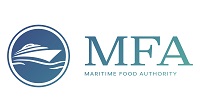
Post your comment
You cannot post comments until you have logged in.
Login to post a commentComments
No one has commented on this page yet.
RSS feed for comments on this page | RSS feed for all comments